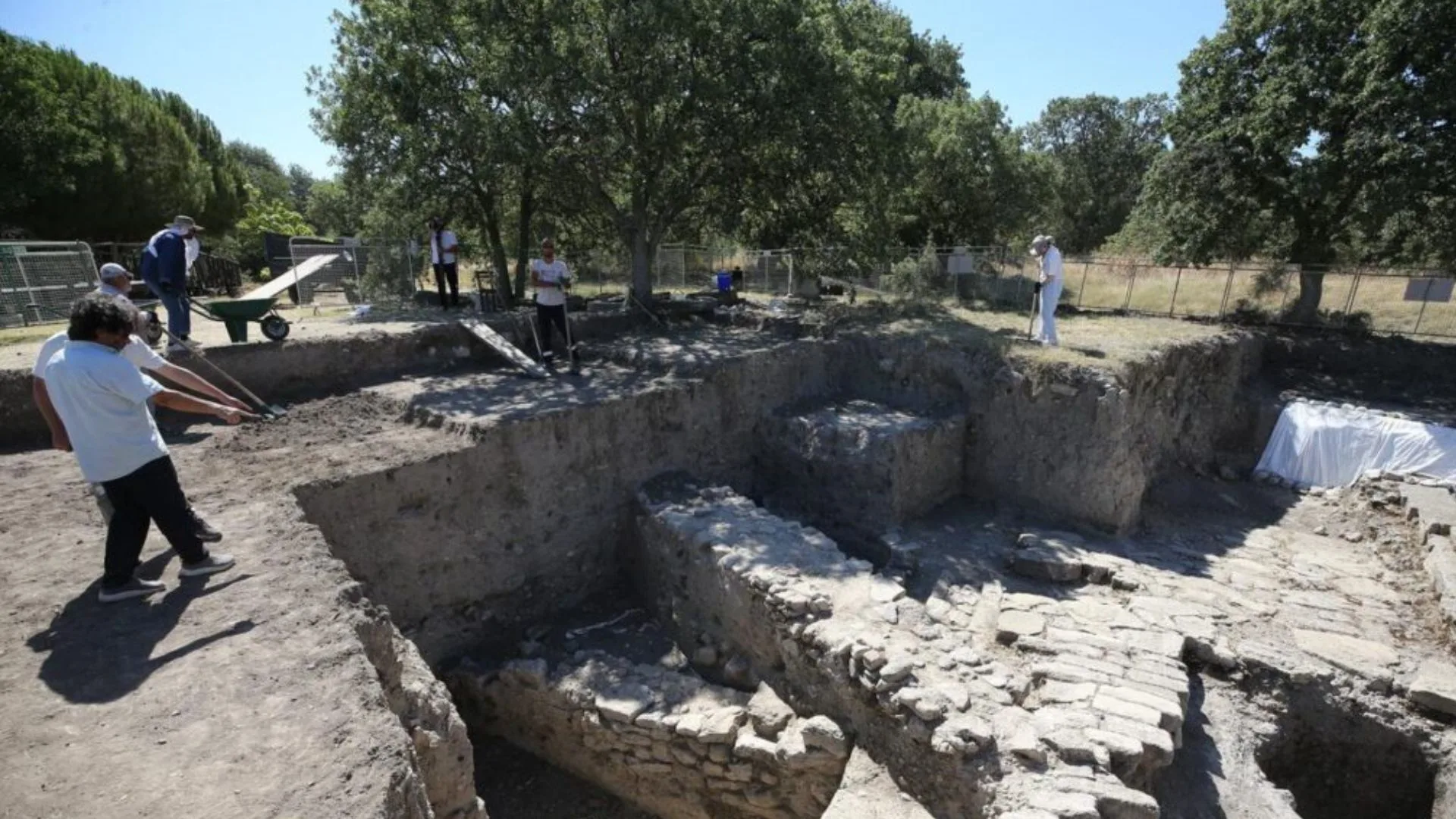Archaeologists excavating ancient Troy have uncovered striking evidence of a violent Bronze Age conflict, echoing Homer’s Iliad, the dailymail.co.uk, has reported. According to legend, the war began when Paris of Troy abducted Helen, sparking a decade-long Greek siege that ended with the famous wooden horse deception.
Now, a Turkish team has unearthed dozens of clay and smoothed river rock sling stones near the former palace walls, along with arrowheads, burned buildings, and hastily buried skeletons—signs of intense, close-range fighting and a sudden collapse.
“This concentration of sling stones in such a small area suggests intense fighting, either a desperate defense or a full-scale assault,” said Professor Rustem Aslan of Canakkale Onsekiz Mart University, who leads the excavation.
Dated to roughly 3,200 to 3,600 years ago, the weapons match the timeframe traditionally linked to the Trojan War (circa 1184 BC). The findings come from the Legacy for the Future Project, supported by Turkey’s Ministry of Culture and Tourism.
The excavation focused on the palace, marketplace, and defensive walls of Troy—known in Hittite texts as Wilusa. Alongside war relics like bone tools and a pointed “biz” for piercing armor, archaeologists found a knucklebone likely used as a gaming die.
The expanded destruction layer, first discovered in 2024, reveals fire-damaged ruins and broken weapons—evidence of a swift, brutal attack rather than gradual decline.
While no trace of a wooden horse has been found—likely a poetic metaphor—many now believe a real war inspired Homer’s tale. Once dismissed as myth, the Trojan War may have been part of the wider Bronze Age collapse that reshaped the ancient world.
Source: dailymail.co.uk
